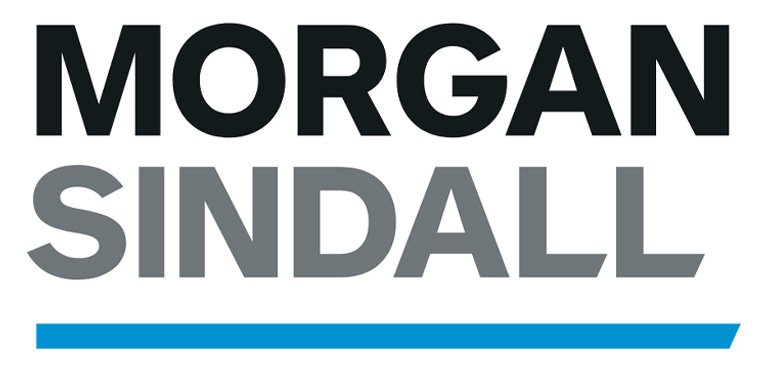
UTC Included in King’s Speech Parliament Debates
Introduction
Baker Dearing welcomes the emphasis in the King’s speech on improving the life chances of young people in the provision of academic and technical education.
“Steps will be taken to ensure young people have the knowledge and skills to succeed, through the introduction of the Advanced British Standard that will bring technical and academic routes into a single qualification.
Proposals will be implemented to reduce the number of young people studying poor-quality university degrees and increase the number undertaking high-quality apprenticeships.”
The Advanced British Standard
Delivering maths and English up to age 18 would improve young peoples’ confidence and aptitude in both those subjects. Many of the University Technical Colleges already deliver some maths tuition past the age of 16 as it is vital for technical courses such as T Levels.
The new Standard should not dilute the distinctive features of T Levels. It is vital that we do not lose the industry placement, which is the part of the course valued above all else by students and employers.
This proposed qualification would require a complete sea change in education thinking. But it will also rely on the Treasury being generous enough to fund a brand-new qualification for the thousands of young people who would otherwise study A-levels, T Levels, and Applied General qualifications.
The Standard’s success will also require ministers encouraging the delivery of technical subjects at pre-16. The government has cited the education models of many European countries as proof we need this Standard. However, a key feature of those countries’ models is technical education from the ages of 13 or 14, which has become a rarity in the UK.
MP’s Debating In Parliament
Parliament is debating the Government’s legislative programme announced in the King’s Speech yesterday. The speech spoke about the PMs’ proposals for the ‘Advanced British Standard’.
On the 8th November 2023 Today, MPs were debating the theme “‘Breaking down barriers to opportunity”.
Rob Butler that afternoon told the Commons about his support for Aylesbury UTC.
See that Robert Halfon MP, the Skills Minister is on the Government benches and hears what Rob (Butler) says!
The UTC programme
The programme has grown from its creation in 2009, so that around 20,000 young people between the ages of 11 and 19 now attend a UTC. 27 of the 44 UTCs are over-subscribed. In 2022, 25 per cent of UTC leavers aged 18 progressed into apprenticeships – six times the national average –and ½ started at higher and degree levels. Just three per cent of UTC leavers last year were classified as NEETs or did not have a confirmed destination – ⅕ of the national average.
UTCs have a strong emphasis on employer engagement, including ‘real life’ project-based learning, which engages students and develops their personal character. Because of this unique offer, they allow for a broad choice of pathways at 18: either to university, to higher or degree apprenticeships, or directly into a career.
In addition to a core curriculum of English, maths, and sciences, UTCs also offer sought-after technical qualifications, and benefit from industry-standard equipment and specialist staff to provide students with skills valued by employers. Each UTC has one or more sector specialism linked to their local industry partners – such as engineering, digital and creative media, construction and life sciences.
The UTC offer increasingly distinguishes them from the mainstream school system, where the teaching of technical and creative subjects is in decline:
– Design and technology GCSE entries have fallen by over 70 per cent since 2010;
– Digital entries have dropped by 40 per cent since 2015;
– Creative subject entries have decreased by 40 per cent since 2010.
Growth of the UTC programme
In late August (2023) the Government approved applications for two new UTCs – in Southampton and Doncaster. Baker Dearing Educational Trust is now anticipating a decision by ministers on proposals for UTC sleeves within existing secondary schools. BDET is aware of a significant number of large, highly regarded multi-academy trusts who wish to introduce the UTC sleeve model into at least one of their secondary schools. They can see the benefit of the UTC approach in improving student engagement, attendance, and outcomes for certain pupil cohorts, and have witnessed the increasing interest in high quality apprenticeships for leavers aged 18.
Conclusion
Young people are increasingly aware of, and are actively considering, pathways in addition to university at age 18, including high-quality apprenticeships, to enable them to enter careers of the future. They recognise the value of technical subjects, employer-focused activities, and strong careers advice at a younger age, all of which signpost and prepare them for a wider variety of possible pathways. Unfortunately, today, a shortage of digital, engineering, design and creative courses, as well as of opportunities for employer-related educational activities, significantly limits the experiences and exposure available to young people before they reach the age of 16. By then, it is often too late.






